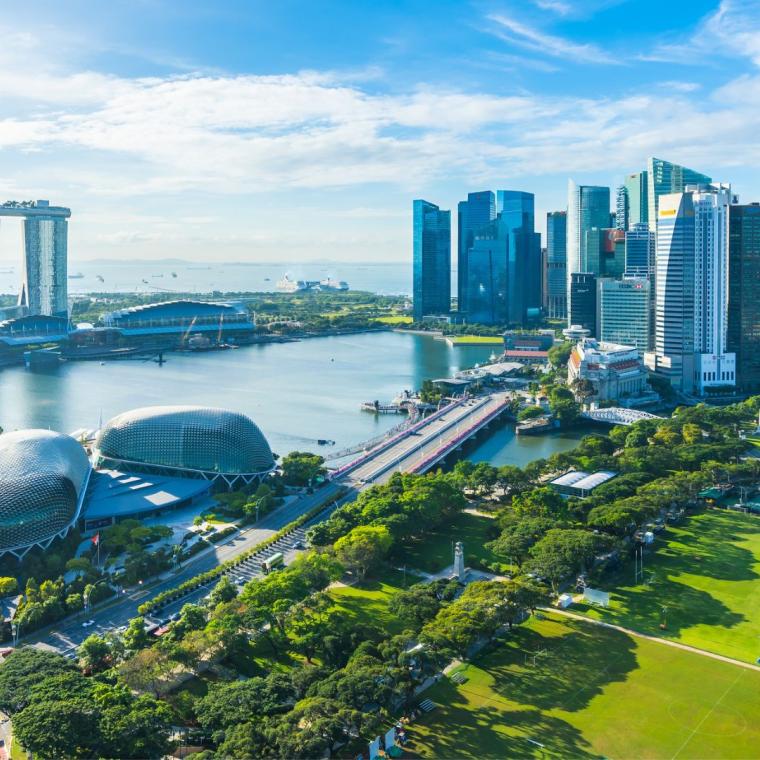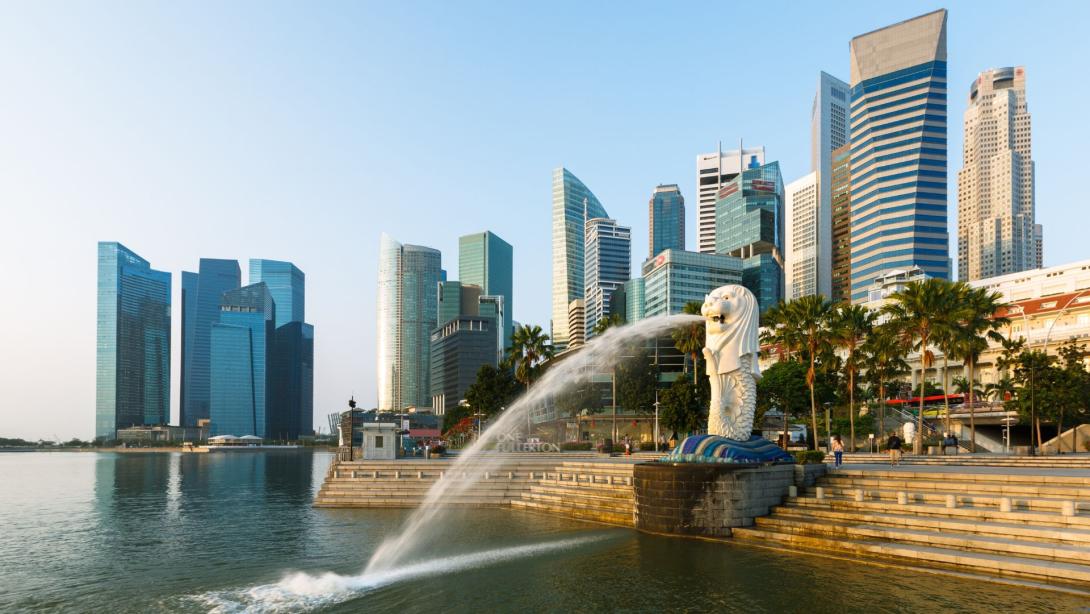
In recent years, Singapore has made efforts to align its tax regime with international standards. One such effort is the enactment of Section 10L of the Singapore Income Tax Act, effective from 1 January 2024.
This new legislation aims to tax gains from the sale or disposal of foreign assets by businesses without adequate economic substance in Singapore.
Shawn Wang, Director of Private Client Services in Singapore, discusses the new taxation law and its implications for clients.
1. What is Section 10L of the Singapore Income Tax Act?
Section 10L is a new tax legislation enacted by Singapore effective from 1 January 2024.
Previously, gains from sale of foreign assets that are capital in nature were not taxable.
The new legislation aims to tax capital gains received (or deemed received) in Singapore from the sale or disposal of foreign assets (not being an intellectual property rights) by businesses without adequate economic substance in Singapore. This legislation aligns with the European Union's Code of Conduct Group guidance and reflects Singapore's commitment to align its tax regime with international norms.
If taxes are incurred from foreign sources on these gains, Singapore will provide relief by allowing a foreign tax credit claim to offset the burden of such foreign taxes.
2. Who does the Section 10L of the Singapore Income Tax Act apply to?
This legislation applies to "covered entities", which are entities of a group that are incorporated, registered, or established in more than one jurisdiction. This includes both "pure equity-holding entities" and "non-pure equity-holding entities", each with its own set of economic substance conditions.
The Inland Revenue Authority of Singapore (IRAS) has issued an e-Tax Guide on "Income Tax: Treatment of Gains or Losses from the Sale of Foreign Assets" that provides further clarity on what constitutes adequate economic substance of a Singapore entity.
The e-Tax Guide also clarifies the economic substance requirements for, amongst other things, a private trust, where the trustee services are performed by a third-party trustee (e.g. Ocorian Singapore).
In that regard, most private trust structures are not required to consolidate its underlying companies’ financial within the financials statements of trust, putting the Singapore trust outside of Section 10L’s ambit.
3. What are some practical considerations for trustees under Section 10L?
Wealth planners and trustees should carefully examine whether the operations and management of the underlying offshore companies reside in Singapore. If so, that offshore entity might inadvertently be brought in-scope for Section 10L purposes.
This might influence the ongoing administration of a trustee. For example, a decision might be taken to liquidate an underlying company of a trust instead of a sale where the liquidation proceeds are received in Singapore by the trust.
Other practical considerations would include whether bank accounts should be opened onshore or offshore, how offshore subsidiaries or investments could be consolidated under a Singapore entity, e.g. single-family office.
4. What are some practical considerations for businesses under the Section 10L?
Although the e-Tax Guide provided much needed clarity over the implementation of the new section 10L, there remains areas of ambiguity in practice.
For example, for many businesses that are “non-pure equity-holding entity”, whether they have fulfilled the required Economic Substance Requirement largely depends on the actual facts and circumstances unique to each entity and its industry. Thus, businesses may need to carefully examine their operations and management to determine if they fulfil the economic substance requirements.
They may also consider seeking Advanced Rulings from IRAS for certainty on the adequacy of their economic substance within a year before the sale or disposal of foreign assets.
How can Ocorian help?
We expect that IRAS may introduce further clarifications as Singapore continues to deliberate the implications of the new legislation, but it is important that you work with trusted advisors and professionals that are abreast with the legislation developments in the establishment and administration of your legal structure.
At Ocorian, we have extensive experience in establishing and managing complex, high-value structures for international clients, many with sophisticated, cross-border international affairs.
If you would like to find out more, reach out to our private client team today.


